
Expert answers to patients’ questions were offered as part of the CURE® Educated Patient® Prostate Cancer Summit.

Expert answers to patients’ questions were offered as part of the CURE® Educated Patient® Prostate Cancer Summit.

An expert answers prostate cancer questions from a recent CURE Educated Patient Summit.

It’s crucial for patients with prostate cancer to know that all treatments come with side effects, which may affect their quality of life.
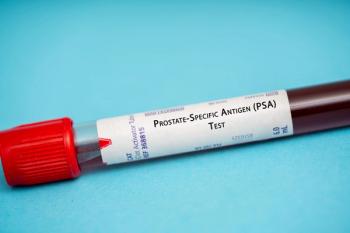
The rate at which PSA rises after hormonal therapy for prostate cancer is a key factor in determining the effectiveness of the treatment.

With approaches like high intensity focused ultrasound, patients with prostate cancer may experience lower rates of urinary incontinence and erectile dysfunction, an expert said.

Patients with metastatic prostate cancer may have improved survival outcomes after undergoing next-generation PSMA PET imaging, an expert explained.

As part of the CURE® Educated Patient® Prostate Cancer Summit, an expert discussed the role genetic testing plays in treatment decision-making for many.
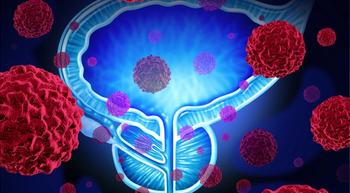
TULSA is a targeted prostate cancer treatment that uses ultrasound to destroy tumors while preserving healthy tissue.
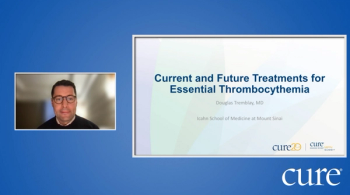
Watch Dr. Douglas A. Tremblay, from Mount Sinai, discuss treatment for essential thrombocythemia during the CURE Educated Patient MPN Summit.
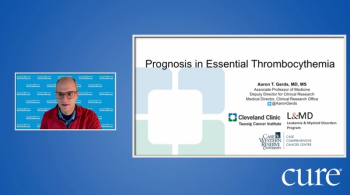
Watch Dr. Aaron T. Gerds, from Cleveland Clinic Taussig Cancer Institute, discuss essential thrombocythemia risk during the CURE Educated Patient MPN Summit.
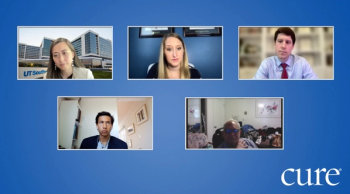
Watch Dr. Jeremie Calais, Dr. Tian Zhang, Dr. Landon C. Brown and Jim Rosenfield answer questions about novel agents and strategies during the CURE Educated Patient Prostate Cancer Summit.
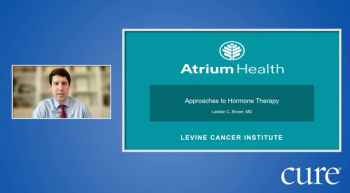
Watch Dr. Landon C. Brown, from Atrium Health Levine Cancer Institute, discuss approaches to hormone therapy, during the CURE Educated Patient Prostate Cancer Summit.
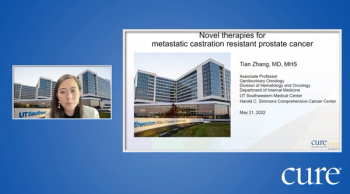
Watch Dr. Tian Zhang, from UT Southwestern Medical Center, discuss novel agents, during the CURE Educated Patient Prostate Cancer Summit.
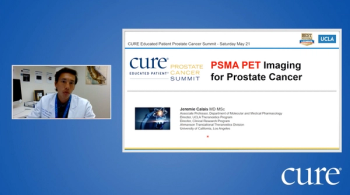
Watch Dr. Jeremie Calais, from UCLA, discuss novel imaging strategies, during the CURE Educated Patient Prostate Cancer Summit.
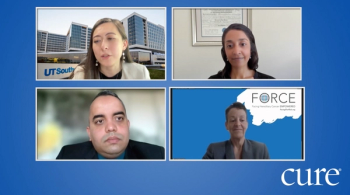
Watch Dr. Veda N. Giri, Dr. Umang Swami and Sue Friedman answer questions about genetics and genomics during the CURE Educated Patient Prostate Cancer Summit.
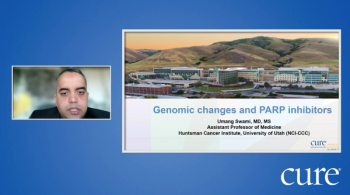
Watch Dr. Umang Swami, from Huntsman Cancer Institute, discuss genomic changes and PARP inhibitors, during the CURE Educated Patient Prostate Cancer Summit.
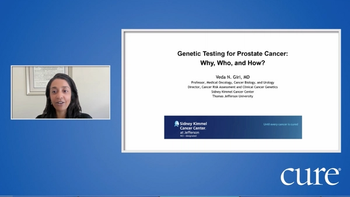
Watch Dr. Veda N. Giri, from Sidney Kimmel Cancer Center at Thomas Jefferson University, discuss genetic testing and who should get it, during the CURE Educated Patient Prostate Cancer Summit.
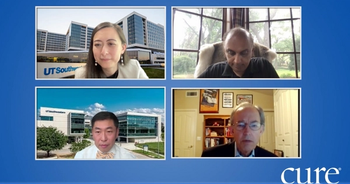
Watch Dr. Ganesh Raj, Dr. Andrew Z. Wang, and Bruce Williams, discuss treatment for localized disease, during the CURE Educated Patient Prostate Cancer Summit.
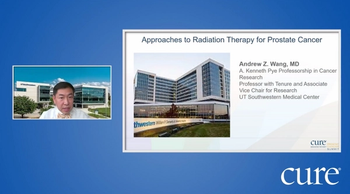
Watch Dr. Andrew Z. Wang, from UT Southwestern Medical Center, discuss approaches to radiation for local disease, during the CURE Educated Patient Prostate Cancer Summit.
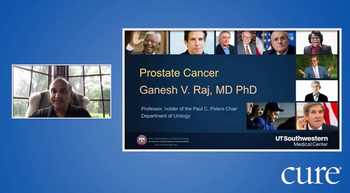
Watch Dr. Ganesh V. Raj, from UT Southwestern Medical Center, discuss surgery for localized disease, during the CURE Educated Patient Prostate Cancer Summit.

View the full CURE® Educated Patient® Summit on Prostate Cancer here!

Men may experience erectile dysfunction and incontinence after receiving treatment for prostate cancer. However, there are devices — like a penile prosthetic and artificial urinary sphincter — that can help control those side effects associated with treatment.

Prostate cancer treatment can be detrimental to bone and muscle health, but an exercise regimen and healthy eating habits can help.
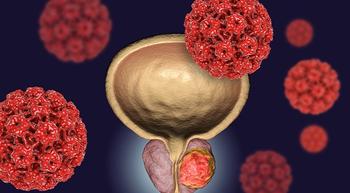
Some patients are better suited for surgery than others. In general, patients with widespread metastatic disease are also not good candidates for surgery, particularly if their cancer has spread beyond the prostate to areas like the liver, lungs, and bones.
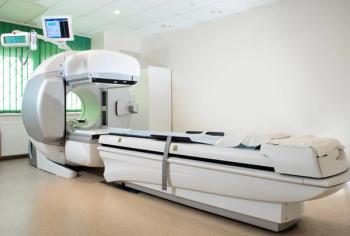
Active surveillance can be used for many patients with prostate cancer; however, when localized, radiation therapy is an option.